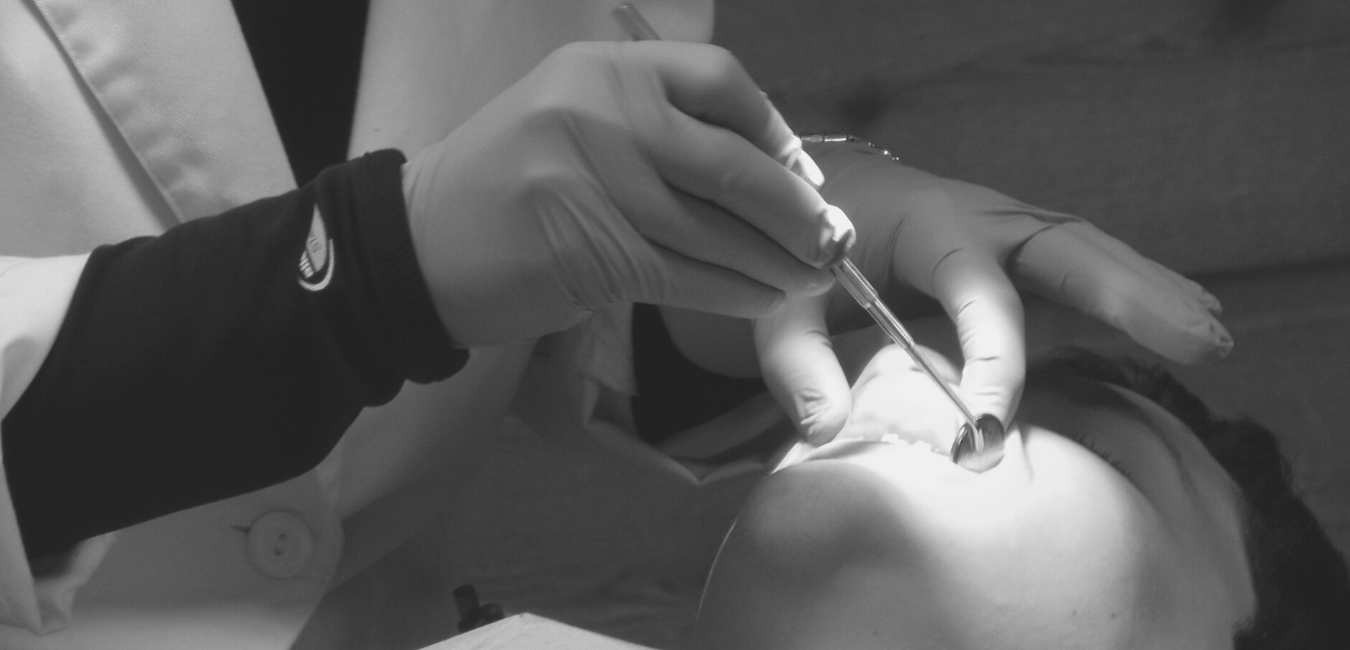#genderinequality #maternalhealth #storytelling #digitaldivide
United Nations Population Fund (UNFPA) has released its "State of World Population Report 2020" highlighting the scale and pervasiveness of gender injustice and stereotyping in the world today. The statistics are appalling and makes me at times wonder in despair why we continue to be stuck in medieval attitudes, beliefs and practices in the 21st century.
UNFPA advocates for a world where every woman and girl should be free to chart her own future. That’s a no brainer and why not! Yet, as the report highlights the reality is quite different. Causative factors are detailed in the report, and some of these are that we experience in Kushal day to day and work towards. For example, when we speak to family members of pregnant women, we are often told,
“Why does she have to learn what happens to her body in pregnancy? My mother and aunt live with us. They tell her what to do. They are who should make decisions for her and for us as a couple.”
It’s easy to get upset and react angrily. But to change mindsets of those who hold power and deny bodily autonomy demands patience. It can’t be done by sermonising, which is why we rely on story-telling, an effective tool for social change and by engaging male members of the family.
The report also presents data from 57 countries, stating that only 55 per cent of women aged 15 to 49 years who are married or in a union make their own decisions about sexual relations and the use of contraceptives and reproductive health services (UNFPA, 2020). We have some preliminary data to this affect as well, and continue to monitor so that we can come up with innovative ways and approaches to address gender related barriers.
For those who would like to know more about gender-biased sex selection, Female Genital Cutting and child marriage the report is a good read. However, I would have liked for the report to articulate strongly enough how and why it is essential to also address the digital divide in today’s world. To make a better case for leveraging technology effectively in order to facilitate autonomy, decision making and wellness in women.
You can also read Prof. Maya Unnithan's commentary who heads Centre for Cultures of Reproduction, Technologies and Health (CORTH) at Sussex University. She concludes by pointing out,
"Although rights have arrived, justice has not followed!"
"Men as husbands, fathers, policymakers, healthcare providers need to use their privilege to redress gender discrimination for greater social justice."


